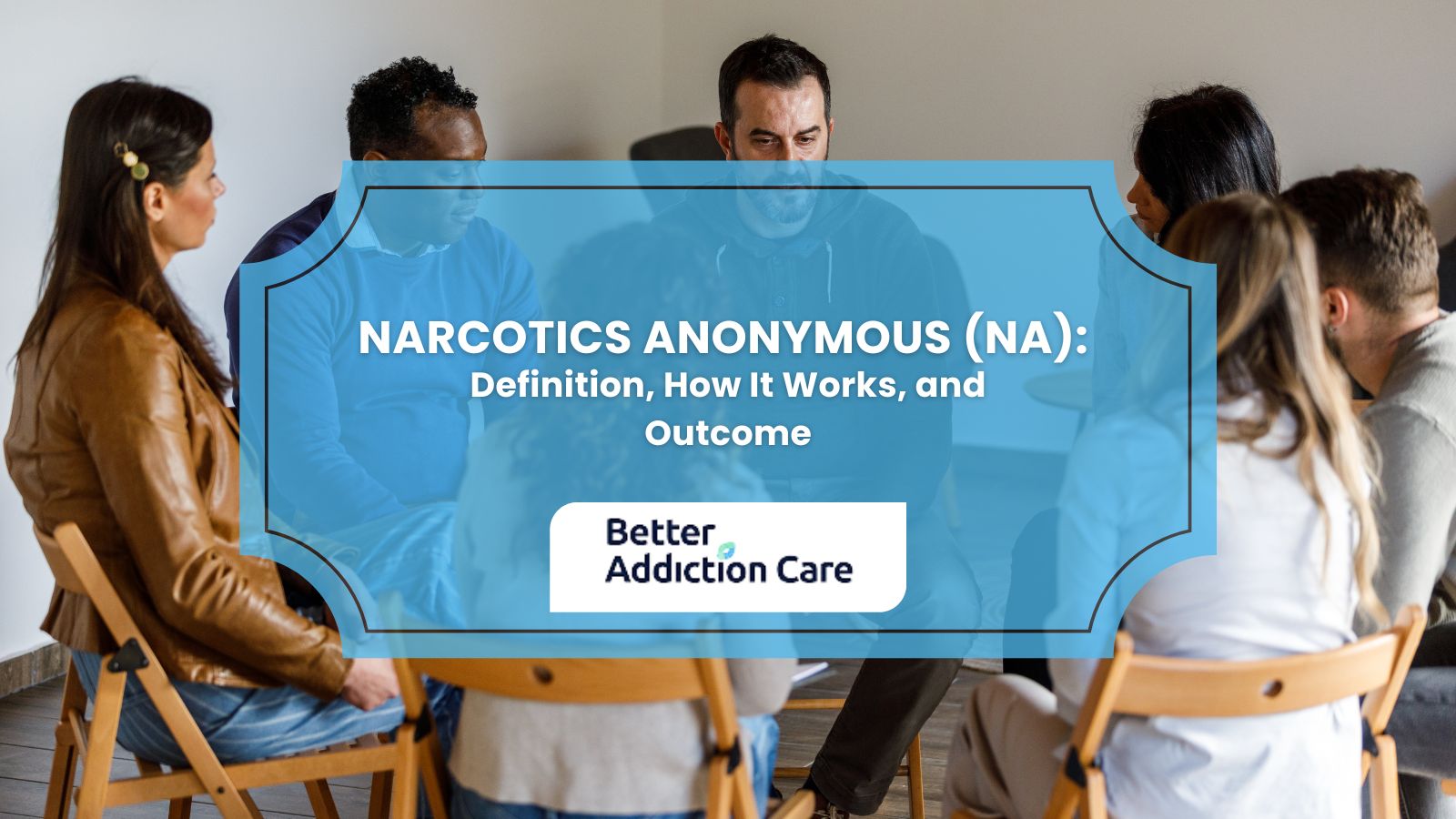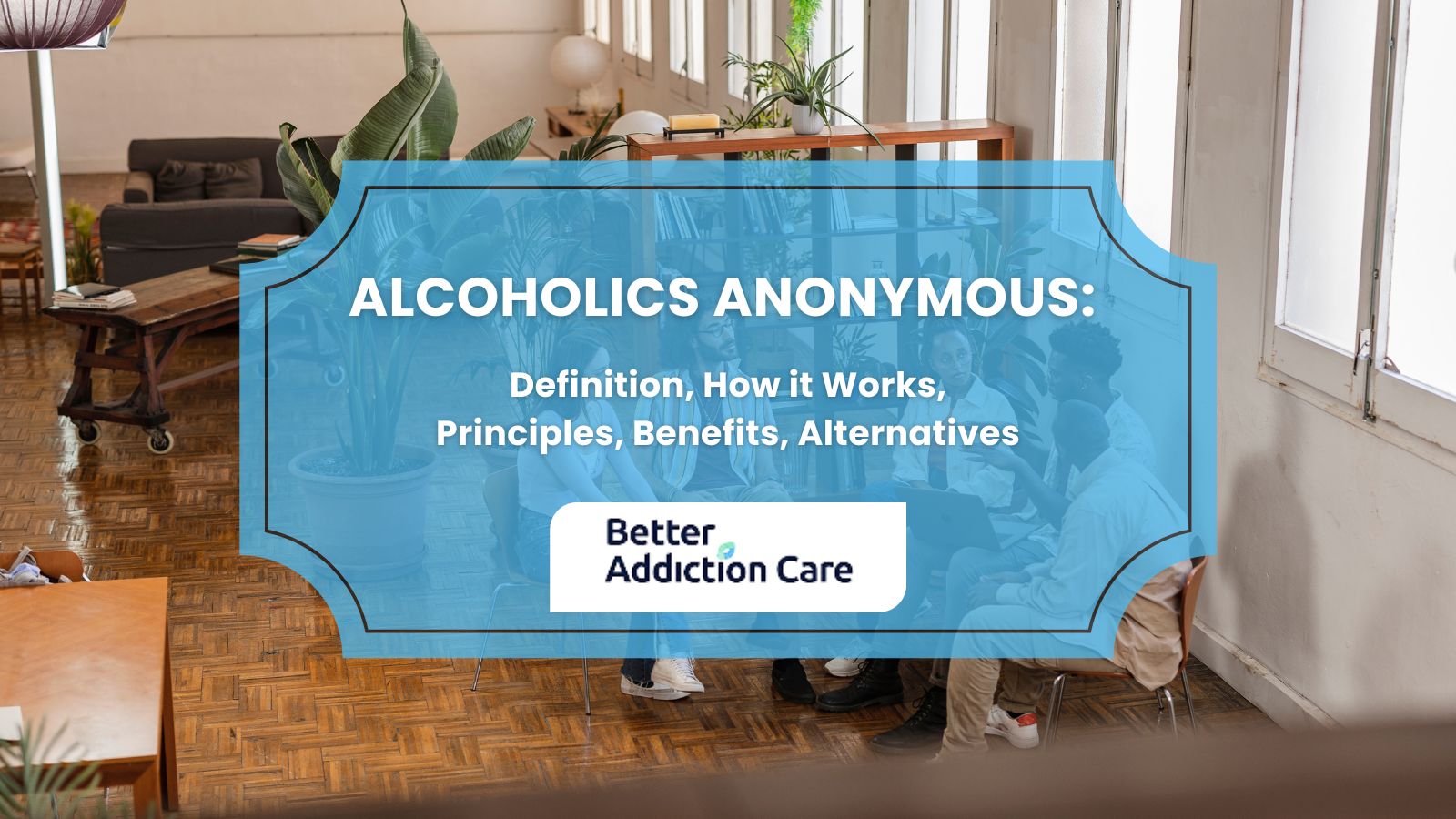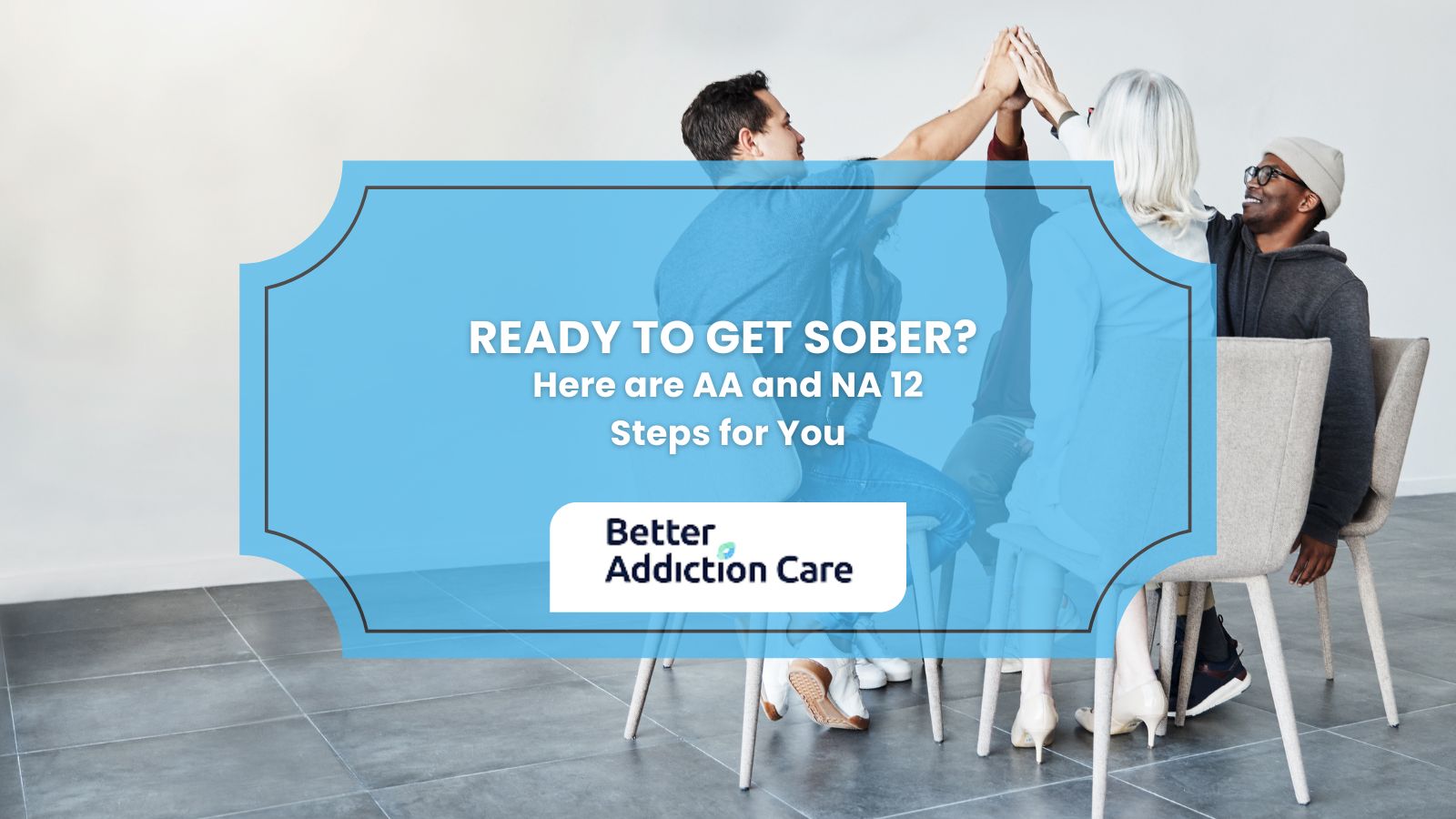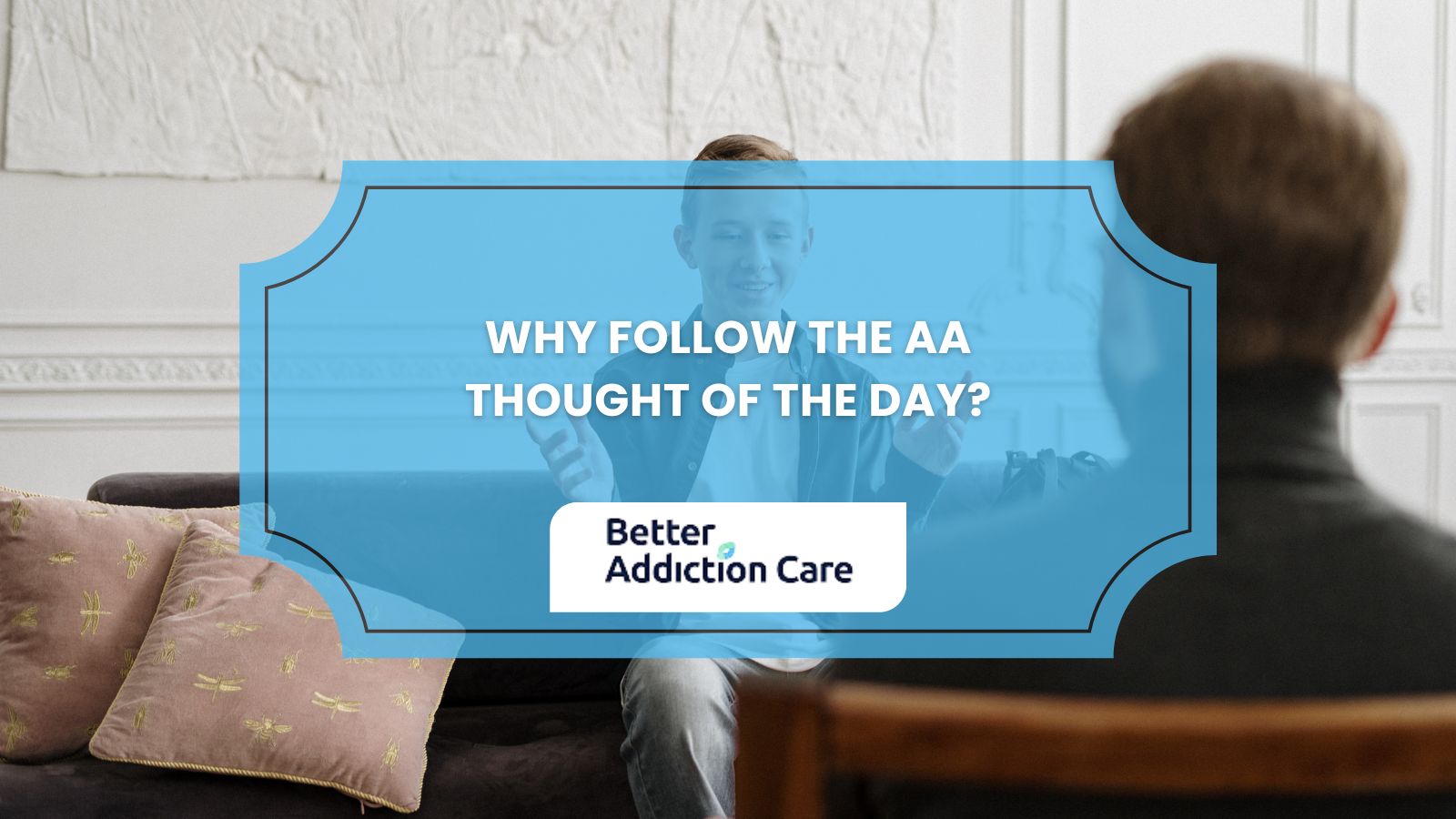Na Nizhoozhi Center - A Bridge To Recovery

Overview
Na Nizhoozhi Center - A Bridge To Recovery is a substance abuse treatment center for people seeking treatment near McKinley County. As part of their treatment modalities for recovery, Na Nizhoozhi Center - A Bridge To Recovery provides substance use disorder counseling, group counseling, and individual psychotherapy during treatment. Na Nizhoozhi Center - A Bridge To Recovery is located in Gallup, New Mexico, accepting cash or self-payment for treatment.
Na Nizhoozhi Center - A Bridge To Recovery at a Glance
Payment Options
- Cash or self-payment
- Federal, or any government funding for substance use treatment programs
- SAMHSA funding/block grants
Assessments
- Comprehensive substance use assessment
- Screening for substance use
- Complete medical history/physical exam
Age Groups
- Young adults
- Adults
- Seniors
Ancillary Services
- Early intervention for HIV
Highlights About Na Nizhoozhi Center - A Bridge To Recovery
6.56/10
With an overall rating of 6.56/10, this facility has following balanced range of services. Alcohol Rehabilitation: 8.00/10, Drug Rehab and Detox: 6.00/10, Insurance and Payments: 6.00/10, Treatment Options: 6.24/10.-
Alcohol Rehabilitation 8.00
-
Treatment Options 6.24
-
Drug Rehab and Detox 6.00
-
Insurance and Payments 6.00
Accreditations
State department of health:

Government agencies issue State Licenses, granting rehabilitation organizations permission to operate their businesses legally within specific geographic regions. The licenses needed for legal operation are typically determined by the type of rehabilitation program offered by a facility and its physical location.
Commission on Accreditation of Rehabilitation Facilities (CARF):

CARF accreditation is a prestigious recognition granted to rehabilitation and human service organizations. It signifies that an organization meets high-quality standards, having undergone a rigorous evaluation process. CARF accreditation boosts an organization's credibility and ensures top-notch care for individuals with disabilities, injuries, or healthcare needs.
SAMHSA certification for opioid treatment program (OTP):
Accreditation by the Substance Abuse and Mental Health Services Administration (SAMHSA) for Opioid Treatment Programs (OTPs) signifies that a program has met strict standards for providing high-quality care to individuals with opioid use disorders. It assures patients, families, and communities that the OTP follows evidence-based practices, employs qualified staff and maintains a safe and effective treatment environment. This accreditation reflects the program's commitment to addressing the opioid epidemic and promoting recovery.
Treatment At Na Nizhoozhi Center - A Bridge To Recovery
Treatment Conditions
- Alcoholism
- Substance use treatment
Care Levels
- Hospital inpatient treatment
- Long-term residential
- Aftercare
- Halfway house
Treatment Modalities
- Substance use disorder counseling
- Group counseling
- Individual psychotherapy
Ancillary Services
Languages
- American Indian or Alaska Native languages
Additional Services
- Pharmacotherapies administered during treatment
- Discharge Planning
- Breathalyzer or blood alcohol testing
Common Questions About Na Nizhoozhi Center - A Bridge To Recovery
Contact Information
Read our Most Recent Article About Drug Addiction
DISCLAIMER: The facility name, logo and brand are the property and registered trademarks of Na Nizhoozhi Center - A Bridge To Recovery, and are being used for identification and informational purposes only. Use of these names, logos and brands shall not imply endorsement. BetterAddictionCare.com is not affiliated with or sponsored by Na Nizhoozhi Center - A Bridge To Recovery.








